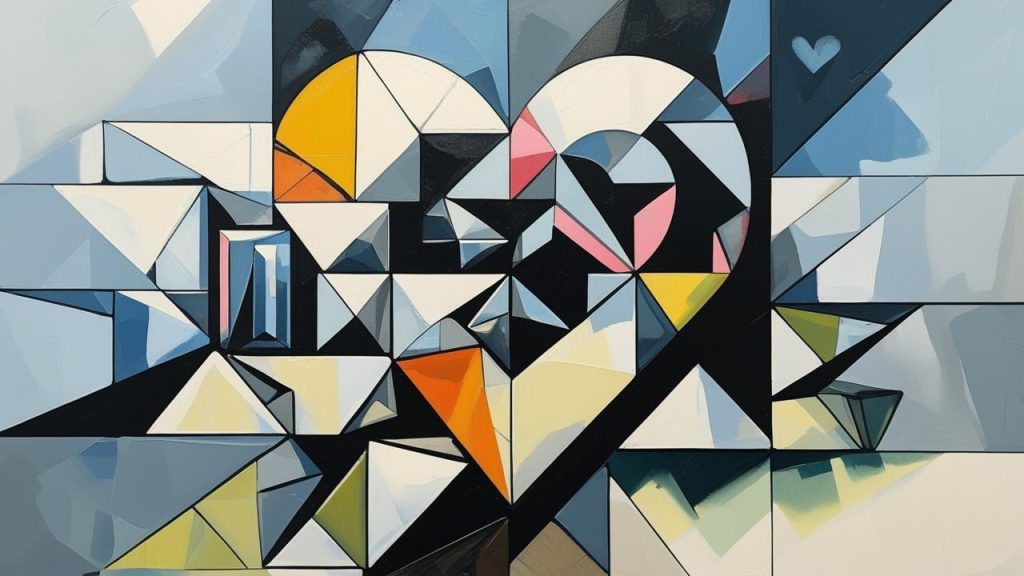Reading time: 4 minutes.

Dear Friend,
It’s time to talk about a special and sensitive set of interrelated topics: hurt, healing, and peace.
If you’ve experienced a shift in faith, you are probably feeling pain and hurt. That is natural and that pain is telling you something.
I’ve heard it said many times that the deeper your conviction was, the deeper your hurt and the harder your deconstruction.
I don’t have anything to compare my pain to, but the best way I can explain it is as a heartache. It has been more than I’d like to go through. And I can recognize that no one knows what it’s like until they’ve gone through it for themselves.
The pain of learning new truths is hard enough, but there are many additional pains that can come with those realizations. I have felt them, the pain of feeling deceived, sadness, anger, confusion, loss, loneliness, and grief.
I wish there were a way to avoid it or lessen the pain. But I think it comes as a part of any change in our worldview. It’s the pain of undoing what we’ve held onto so tightly.
My hope is that no matter how hard the pain, you feel that there is light ahead as you are able to start on a path to renewal.
I hope that you can find your own way of healing.
At one point in my journey, I encountered a quote from the poet Rumi which filled me with joy in finding the right approach. Speaking of hope to the wounded, he said, “The wound is the place where the light enters you.”
That really sunk deep in my heart, suggesting that our painful experiences are the very pathways through which we can find understanding, growth, and transformation. It opens us up to finding something bigger than we have experienced before.
To me, it’s a necessary part of balancing the pain and hurt to ask the question, what inspires and nourishes you? Whatever it is, spend time pursuing it because it brings you healing.
Maybe it’s art, walks in nature, meditation, reading, philosophy, music, or deep conversations. Find what brings you joy and sparks curiosity and pursue it.
You don’t need to have everything figured out to start filling your life with meaning again.
With that, let’s address a real challenge to your healing.
It’s this: Like anyone who has been hurt, you may wish that those who caused pain would ask for forgiveness.
You are, quite frankly, not going to hear much asking forgiveness from leaders, or anyone in the church.
I could theorize why. For one, I think that protecting the institution is a very natural urge from those who lead the church, and the value of that protection sometimes overwrites the concerns and feelings of individuals. In their own minds, they are protecting what they see is the greater good.
That’s why I appreciate the effort expressed in this quote from Elder Dieter Uchtdorf, who makes at least an attempt to acknowledge wrongs in the past. He said this back in 2013,
“We openly acknowledge that in nearly 200 years of church history — along with an uninterrupted line of inspired, honorable and divine events — there have been some things said and done that could cause people to question.
“To be perfectly frank,” he said, “there have been times when members or leaders in the church have simply made mistakes. There may have been things said or done that were not in harmony with our values, principles or doctrine.”[1]
Another, less sensitive comment by a church leader was that the church neither gives nor seeks for apologies.
Despite the church’s approach, I would encourage you to consider forgiveness, even in the absence of an apology, for one simple reason.
I think that Mark Twain says it best, “Forgive others, not because they deserve forgiveness, but because you deserve peace.”
Don’t base your healing on what you hear from others. You deserve to feel peace.
With warmth,
Your Friend
[1] Come, Join with Us, Elder Dieter Uchtdorf, October 2013.
